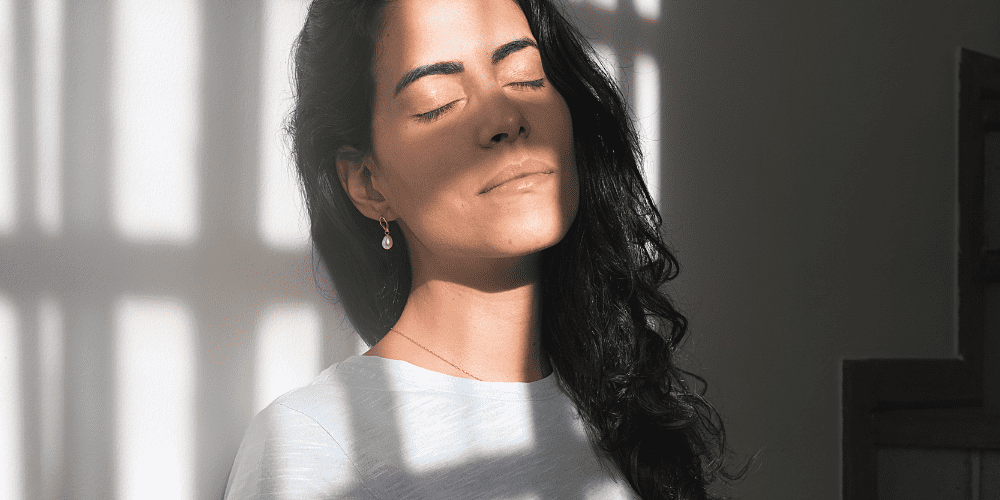



Vitamin D & COVID-19: All You Need to Know
21st February 2023


There is currently an explosion of information, comments and opinions on COVID-19 on the internet and social media. We believe that on serious topics in general, and on public health matters in particular, it is essential to rely on facts and seek credible, expert information. Our mission at Alea remains to bring you the best information and advice, so you can make the best choices for you and your family.
As the world's attention has been focused on the growing COVID-19 pandemic, vitamin D is generating a lot of interest for its potential impact on preventing COVID-19. We at Alea have gathered the latest intel about the correlation between COVID-19 and vitamin D, so you can find all key information in one place.
What is Vitamin D exactly?
Vitamin D is a hormone produced by the kidneys which controls blood calcium concentration and impact the immune system.
Vitamin D deficiency has been linked to a variety of health concerns: it is associated with an increased risk of both respiratory viral infections and inflammatory conditions.
Vitamin D plays an important regulatory role in the human immune system, and according to the UK Royal Society, Vitamin D deficiency is likely to cause immune dysregulation, which in turn may reduce our body’s first line of defense against COVID-19.
Should you take Vitamin D supplements?
In the US, the National Institutes of Health recommends taking a maximum of 10 micrograms (400iu) of vitamin D per day in case of vitamin D deficiency, which can be caused by limited sun exposure, obesity and certain medical conditions.
Larger doses of vitamin D can be toxic and should only be taken under medical supervision.
That is why, if you are concerned about your vitamin D level, you should ask your doctor about getting it checked.
One easy way to get vitamin D is to get some sunlight. Indeed, vitamin D is produced by the body when it’s exposed to ultraviolet B (UVB) rays from the sun. You should expose a large part of your body, a few times a week and for about 15 minutes and, if you use sunscreen, less vitamin D is produced. But, if you’re staying in the sun for an extended period of time, make sure to use sunscreen to avoid sunburns and prevent skin aging and risks of skin cancer.
Another way to get vitamin D is through food. For instance, fatty fish like salmon, mackerel, swordfish, trout, tuna, and sardines constitute a source of vitamin D. However, keep in mind that these foods in themselves are rarely enough and you would have to eat them every single day to reach a high dose of vitamin D. The only really good food source of vitamin D is fish liver oil: a single tablespoon contains upwards of two times the Reference Daily Intake (RDI)! Dairy products, cereals, egg yolks also contain small amounts of vitamin D.
Can Vitamin D prevent COVID-19?
There isn't enough data suggesting the use of vitamin D can help prevent infection with the virus that causes COVID-19 or to treat COVID-19.
Back in June, the National Institute for Health and Care Excellence, in the UK, reported that “there was no evidence to support taking vitamin D supplements to specifically prevent or treat COVID‑19.”
In August, a research team from the University of Glasgow, in the UK, looked at the vitamin D levels of 341,484 participants. Of these, 656 had been to the hospital with COVID-19, and 203 had died.
Once the authors accounted for confounding factors, they concluded that there was no link between vitamin D levels and the likelihood of needing hospitalization for COVID-19 or dying from the disease.
However, according to a new study published in the Endocrine Society’s Journal of Clinical Endocrinology & Metabolism, 80% of 216 COVID-19 patients at the Hospital Universitario Marqués de Valdecilla in Spain had vitamin D deficiency, and men had lower vitamin D levels than women. COVID-19 patients with lower vitamin D levels also had raised serum levels of inflammatory markers such as ferritin and D-dimer.
In the UK, a new trial, still looking for volunteers, will test if vitamin D can protect from COVID-19. Volunteers will be sent pills in the post and will have to take them on a daily basis for 6 months if a finger-prick test previously showed that they had a vitamin D deficiency.
What has been proven so far is that very low vitamin D has multiple negative consequences. Even if it hasn’t been proven as of today, it could also be the case for COVID-19 but it doesn’t mean that routine vitamin D supplementation could prevent severe infection.
Looking for life or health insurance for yourself, your family or your team?
Do you already have an insurance policy? You could find a better plan!
Alea brings you choice, unbiased advice and outstanding service, with access to 100+ options from 25+ insurance companies. If you already have an insurance policy, switching insurance policies with Alea doesn’t cost you a thing.
Get free quotes with us today.
An advisor will be in touch to answer all your questions!
This article was independently written by Alea and is not sponsored. It is informative only and not intended to be a substitute for professional advice and should never be relied upon for specific advice.
